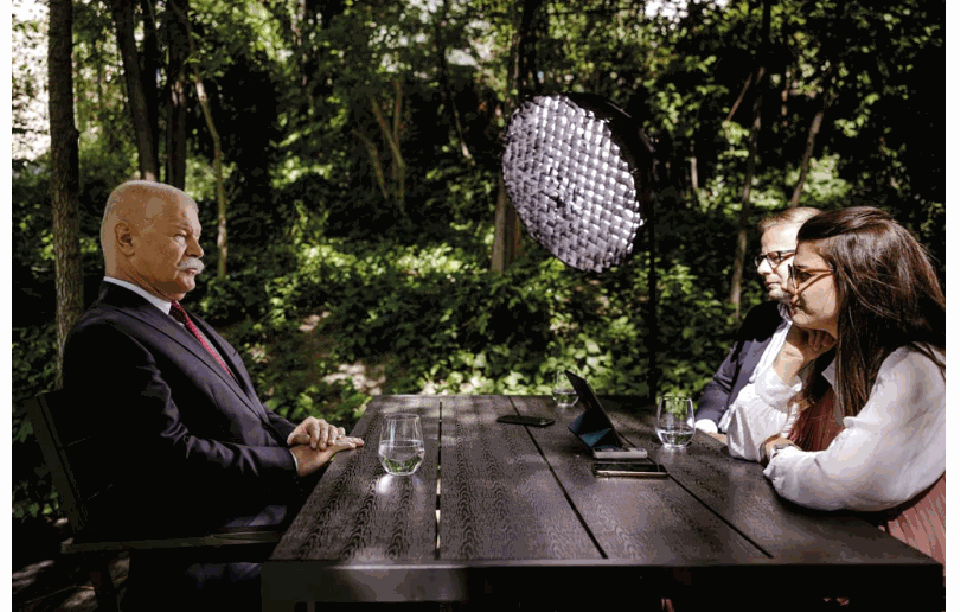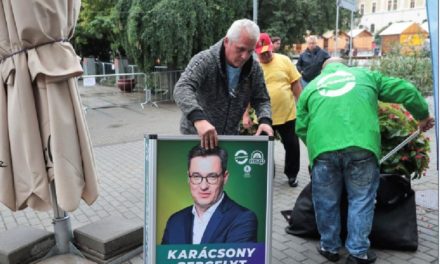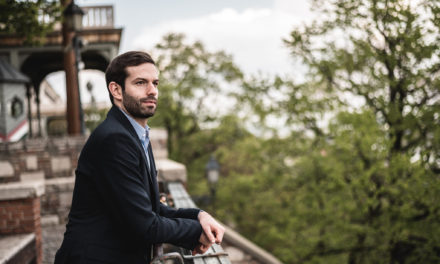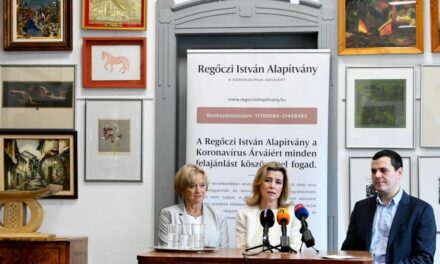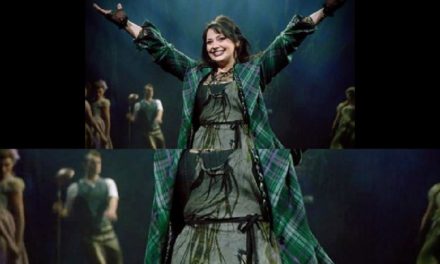How did you get asked for the ministerial position?
I received the invitation right before the election. We have been in an intellectual relationship with Viktor Orbán for a long time, and we have talked many times about the fact that, in addition to administration, governance should serve the future potential of the country. In my career, I am interested in the future potential of social entities, whether in an economic or geopolitical context. How we can control our destiny, how we can preserve our way of life and order in a rapidly and radically changing world. For a good month, I wondered whether I should take on the task.
What convinced you?
Our conversations over the past twenty-five years have always been about how to create future-proof solutions. To do this, the reasons must first be clearly seen. What kind of image we have of man as a social being, what we consider to be human good, what we want to preserve and strengthen in the order of our life world. In light of this, we can deal with the hows. Even in times of peace, society must actively adapt and use the changes to its advantage, just as sailing takes advantage of the wind that is blowing anyway in order to move towards its goal.
There are, however, developments that cannot be avoided, floods, migration or the covid epidemic must be responded to. The task of the state is to ensure the community's ability to act. In order for a nation to be truly future-proof, proactivity is also necessary, since we can shape our circumstances to a certain extent and thereby influence our destiny. Our capabilities are good, our state administration, for example, works particularly well in international comparison. The country, which in 2010 was on the brink of ruin both economically and morally, managed to be stabilized by 2014, we regained our ability to act, and in the last seven years we witnessed strong growth in material and many other terms. Although new crises make the situation more difficult, it is our duty to incorporate long-term thinking into the spirit of governance even more emphatically and methodically than before.
A few years ago, he told 24.hu: " I'm probably not a politician because I find it satisfying to think about the deeper causes of things." Now that he is still a politician, what comes after pondering?
The essence of leadership is that one should be able to put together a good team that thinks in a similar spirit about the whys and to organize the joint work to achieve the goals. Fortunately, there are many talented young people. A good leader serves the organization best if he devotes fifty to sixty percent of his time to thinking and interpreting the world and processes. I consider this to be part of my job description as well. In any case, promoting the future potential of the nation is such an attractive goal that I was happy to give up even being a hermit.
Mandiner's article can be read in its entirety here.
Authors: Laura Szalai and Dániel Kacsoh
Photo: Árpád Földházi

